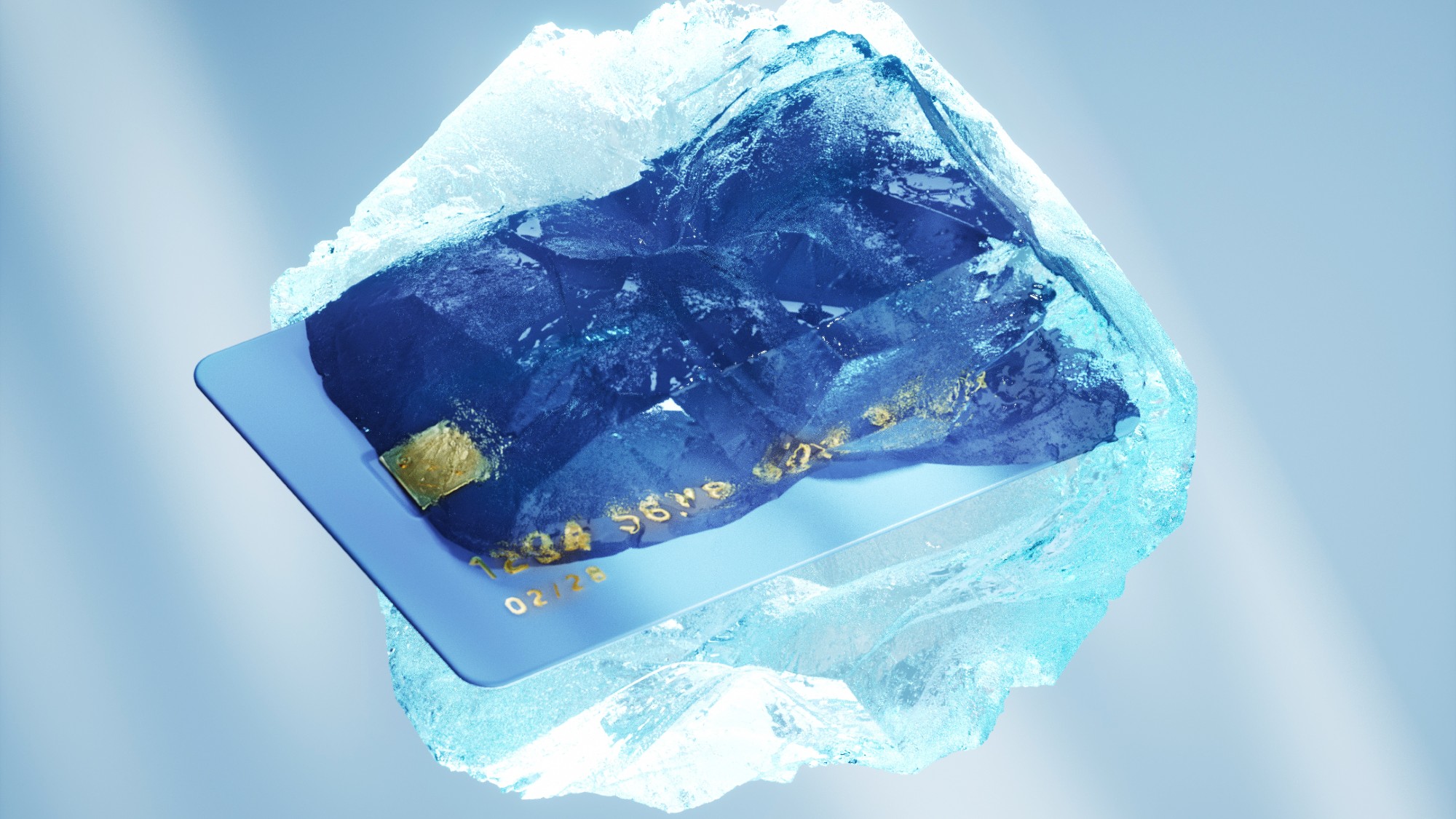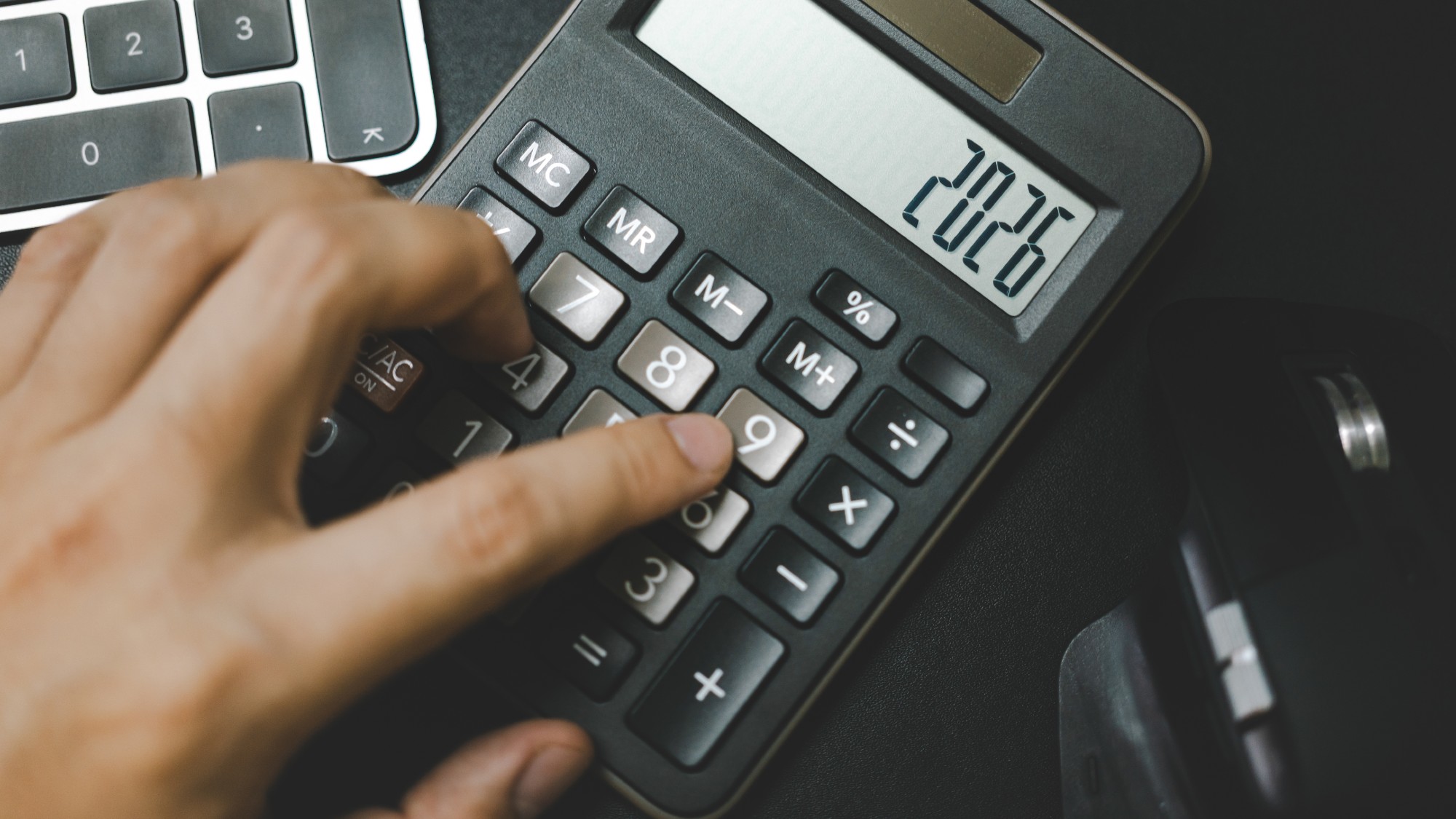The pros and cons of always having a credit freeze in place
Many people don't freeze their credit until their info gets exposed in a data breach — but you can also keep this protection in place before it happens


A free daily email with the biggest news stories of the day – and the best features from TheWeek.com
You are now subscribed
Your newsletter sign-up was successful
If your personal information is exposed in a data breach or you are the victim of identity fraud, a recommended step to take is freezing your credit. A credit freeze "is a restriction you can put on your credit file that prevents anyone from accessing your credit report, which, in turn, prevents you or anyone else from opening new accounts in your name," said Fortune Recommends.
However, many people wait to "freeze their credit after a notification that their accounts were exposed in a data breach — often after some damage has already been done," said The Wall Street Journal. This raises the question: Would it make more sense to always have this sort of protection in place?
What are the upsides of keeping your credit frozen?
There are myriad benefits to freezing your credit — in fact, said the Journal, doing so "has virtually no downside."
The Week
Escape your echo chamber. Get the facts behind the news, plus analysis from multiple perspectives.

Sign up for The Week's Free Newsletters
From our morning news briefing to a weekly Good News Newsletter, get the best of The Week delivered directly to your inbox.
From our morning news briefing to a weekly Good News Newsletter, get the best of The Week delivered directly to your inbox.
For starters, "freezing your credit reduces the ability for someone to create a fraudulent credit account in your name" and also "gives you peace of mind knowing that your credit report is secure," said Forbes.
Plus, it is easy to do. "As of September 2018, the federal government made freezing and unfreezing your credit free for all consumers," said LendingTree, and law also mandates that "all three national credit bureaus maintain websites where consumers can quickly freeze and unfreeze their credit."
Admittedly, a credit freeze will require a little more work on your end if you decide to open a new line of credit — but that is not necessarily a bad thing. Indeed, it could serve as "a form of financial discipline, since you won't be able to sign up for buy now, pay later offers or store credit cards without first unfreezing your credit," said the Journal.
Are there any downsides to a credit freeze?
Of course, nothing is perfect, and "a credit freeze isn’t guaranteed to be 100% effective" in protecting you against identity theft, said Forbes. For instance, "if someone has access to your credit card information or Social Security number, they can still commit credit fraud," which is why "for maximum protection, you must closely monitor your accounts," said LendingTree.
A free daily email with the biggest news stories of the day – and the best features from TheWeek.com
There is also the reality that "managing freezes takes extra work" said LendingTree — "though it's less work than dealing with credit fraud."
Lastly, you might run into increased insurance rates due to a credit freeze, as "some insurance companies base their rates on your credit score," said LendingTree. Should this happen, simply "contact your insurance agent to explain the situation."
Are there any alternatives to a credit freeze?
Another option you might explore aside from a credit freeze is a credit lock, which also limits "access to your credit report and prevent[s] scammers from opening new accounts under your name," said CNBC Select. However, unlike a credit freeze, which is free, a credit lock "is typically part of a paid service, like an identity theft protection app."
Still, "credit locks offer more convenience," such as "being able to lock and unlock your credit with a quick swipe on an app" rather than going through the process of contacting each credit bureau, said LendingTree.
You might also consider a fraud alert, which "encourages businesses to contact you directly to verify your identity before approving a loan or credit card application," said LendingTree. Unlike a freeze, which can last indefinitely, a fraud alert typically lasts just one year, though they are renewable.
How can you freeze your credit?
To freeze your credit you must contact each of the three major credit bureaus: Equifax, Experian and Transunion. Each of the bureaus "allow you to place a freeze on your credit file online, over the phone, or by mail," said Fortune Recommends.
You will need to provide "your name, address, Social Security number, birth date, and other personal information" to freeze your credit, and you "will probably be asked a few questions to verify your identity," said CNBC.
After "you verify your identity and make the request, you'll receive a PIN," which you will need "to unfreeze, or thaw, your credit report before you establish new credit accounts," said Forbes.
Becca Stanek has worked as an editor and writer in the personal finance space since 2017. She previously served as a deputy editor and later a managing editor overseeing investing and savings content at LendingTree and as an editor at the financial startup SmartAsset, where she focused on retirement- and financial-adviser-related content. Before that, Becca was a staff writer at The Week, primarily contributing to Speed Reads.
-
 6 of the world’s most accessible destinations
6 of the world’s most accessible destinationsThe Week Recommends Experience all of Berlin, Singapore and Sydney
-
 How the FCC’s ‘equal time’ rule works
How the FCC’s ‘equal time’ rule worksIn the Spotlight The law is at the heart of the Colbert-CBS conflict
-
 What is the endgame in the DHS shutdown?
What is the endgame in the DHS shutdown?Today’s Big Question Democrats want to rein in ICE’s immigration crackdown
-
 What’s a good credit card APR?
What’s a good credit card APR?The Explainer They have gotten even steeper in recent years
-
 What are the best investments for beginners?
What are the best investments for beginners?The Explainer Stocks and ETFs and bonds, oh my
-
 Filing statuses: What they are and how to choose one for your taxes
Filing statuses: What they are and how to choose one for your taxesThe Explainer Your status will determine how much you pay, plus the tax credits and deductions you can claim
-
 3 tips to help protect older family members from financial scams
3 tips to help protect older family members from financial scamsthe explainer Prevent your aging relatives from losing their hard-earned money
-
 What would a credit card rate cap mean for you?
What would a credit card rate cap mean for you?the explainer President Donald Trump has floated the possibility of a one-year rate cap
-
 Planning a move? Here are the steps to take next.
Planning a move? Here are the steps to take next.the explainer Stay organized and on budget
-
 What to look for in a reliable budgeting app
What to look for in a reliable budgeting appThe Explainer Choose an app that will earn its place in your financial toolkit
-
 3 smart financial habits to incorporate in 2026
3 smart financial habits to incorporate in 2026the explainer Make your money work for you, instead of the other way around
